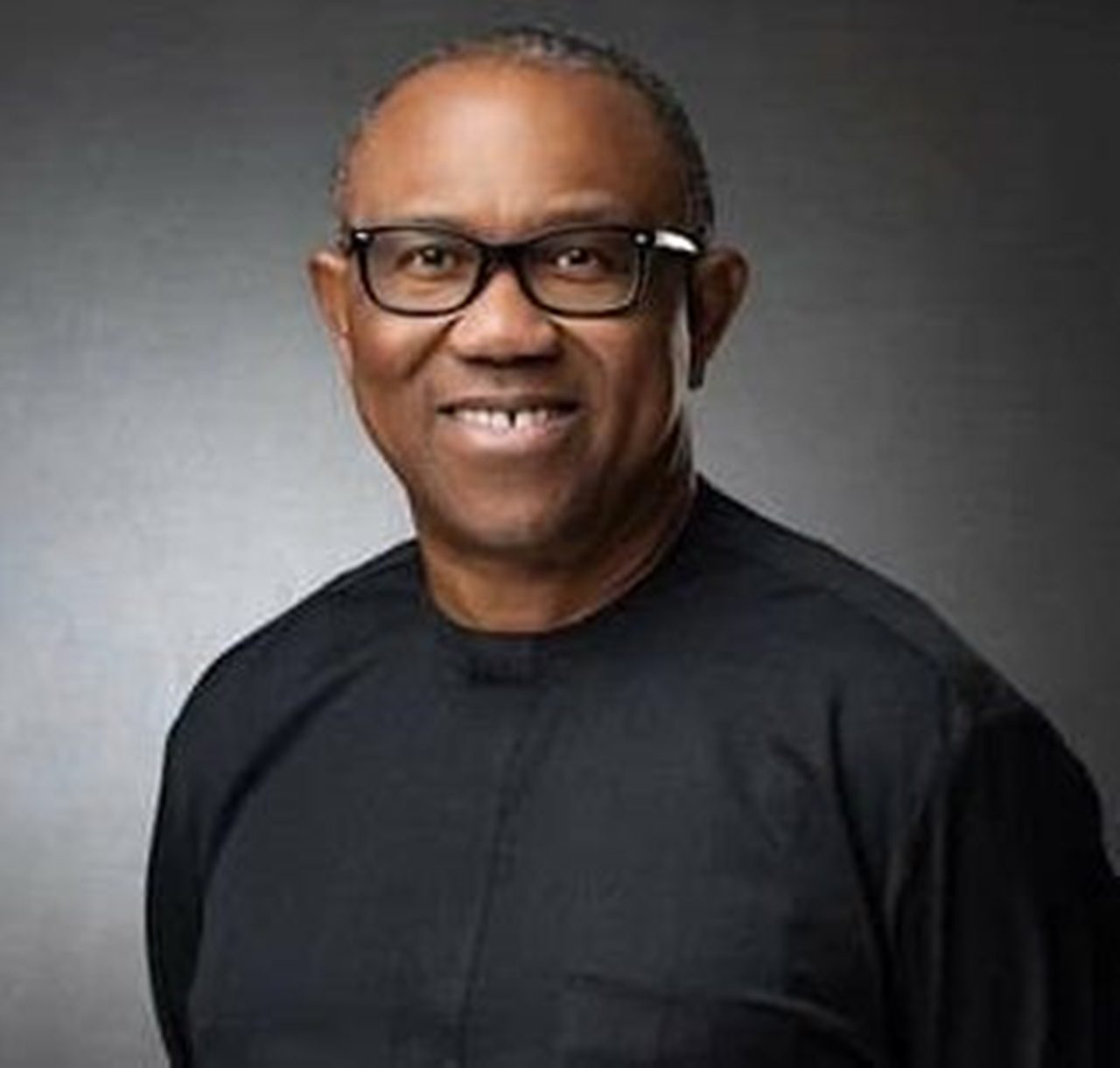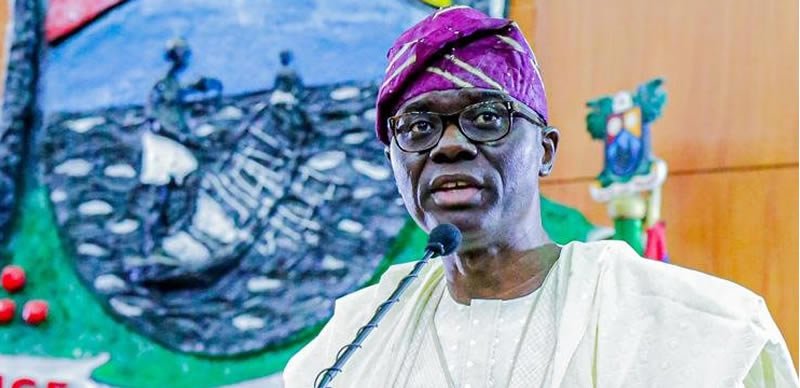Authorities of the Nigeria Police Force (NPF) are still in doubt over whether or not their efforts to stop the strike slated for Saturday would be heeded to by the rank and file.
As a result, the office of the Inspector General of Police, Usman Akali Baba, DAILY POST reports, has continued to put efforts in top gear so as to nip in the bud, any industrial action being planned by the rank and file.
Barely 24 hours to the day of the nationwide protest and strike, heads of all police formations across the nation have ordered that all personnel attached to them must be at work as early as 8 a.m. on Saturday.
It was gathered that any policeman who fails to report for duty on Saturday, would be treated as having an ulterior motive in sympathy with calls for the strike.
As a result, Commissioners of Police, DPOs and other heads of departments are expected to render hourly situation reports about happenings in their areas until stand down, even as supervising officers are to maintain a register in all offices of the command and formations.
Also, no officer is allowed to travel without permission as doing so would be severely sanctioned.
DAILY POST reports that the Inspector General had in the past few days engaged the rank and file in lectures, dissuading them to stop the planned industrial action.
It was gathered that the presidency had also summoned the police boss, telling him that a strike would not be allowed at a time like this.
Why policemen want to go on strike:
Junior policemen in Nigeria have expressed their displeasure over what they called poor welfare, especially the failure to implement the new police salary structure.
According to them, while their counterparts in the Economic and Financial Crimes Commission receive much higher pay, they are left with N47,000 as monthly take-home.
The police rank and file condemned the non-provision of uniforms and accoutrements, lack of modern weapons to fight criminals, delay in promotions and the poor state of their barracks.
To shelve their planned strike, the junior cops demanded that their minimum wage be increased to N100,000 per month, calling for the stoppage of the contributory pension scheme.
What the IGP is doing:
But, the police authority has assured that the new salary structure would be implemented as soon as possible, including tax waivers for the rank and file.
On Thursday, the Acting Force Public Relations Officer, Muyiwa Adejobi, announced the distribution of uniforms, kits and vehicles.
DAILY POST also learnt that the IGP has ordered the compilation of names of junior officers promoted in 2018 for another promotion.
It was learnt that issues that have to do with the contributory pensions scheme are already before the National Assembly for consideration, while efforts are said to be on for the renovation of barracks.
Consequently, personnel have been warned to take note of the fact that a strike in a regimental organization like the police is mutinous, saying it comes with severe consequences.
Civilians react as NPF allegedly arrests cops over strike:
Meanwhile, an activist, Deji Adeyanju, who had earlier promised to support the policemen if they go on strike, has lamented that some men have been arrested by the police authority over claims that they were behind the purported strike.
In the same vein, the African Action Congress (AAC) has declared its support for police officers, calling for the release of one Inspector Adebimpe Olorundare who was reportedly arrested as one of the organizers of the industrial action.
The AAC National Publicity Secretary, Adeyeye Olorunfemi, said the policemen must not be abandoned, having taken a bold step.
Olorunfemi, in a statement, urged activists to support the policemen, asking the leadership of the NPF to stop “the harassment and intimidation of the aggrieved officers.”
The last time policemen embarked on an industrial action in Nigeria was in 2002, under the rule of former President Olusegun Obasanjo.
The industrial action led to the removal of the then Inspector General of Police, Musuliu Smith.
Today, the same Smith is the Chairman of the Police Service Commission (PSC).





2 Comments